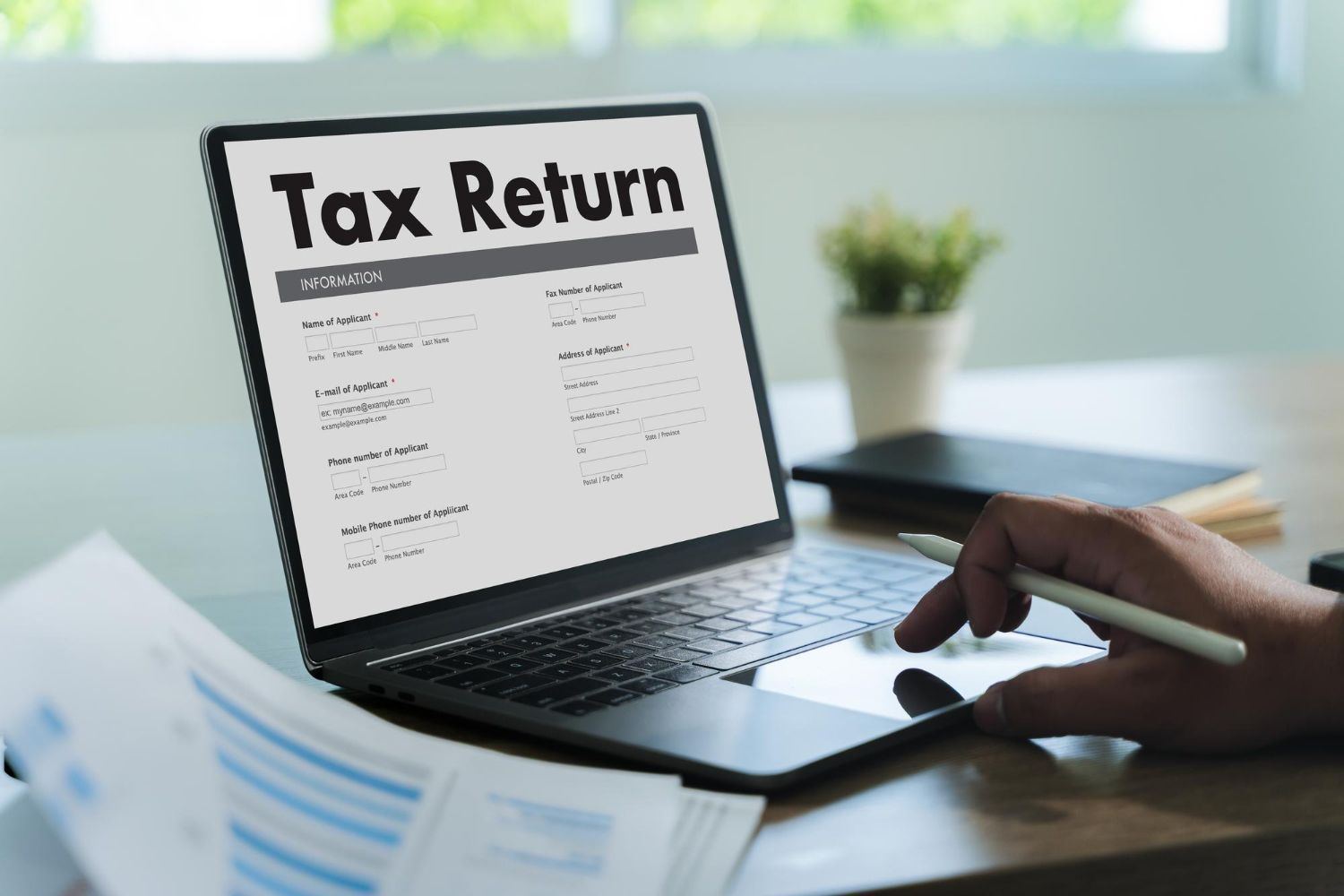Are tipping subject to taxation in Canada?
Tipping has been a cultural norm for many years, involving the giving of modest sums of money as a token of appreciation for services rendered. Various service providers offer opportunities for tipping, including dining out, socializing at a pub, and visiting a salon for beauty treatments. Ultimately, the amount of tip given is at the discretion of the customer, depending on the level of service received. To adhere to certain standards, modern technology offers convenient methods for calculating tips, with new features available on most contemporary phones.
What is the customary tipping and gratuity practice in Canada?
In most Canadian restaurants, gratuities are not included and typically range from 15% to 20% of the total cost before tax, depending on the quality of service. For larger groups, some establishments may automatically charge a 15% to 18% gratuity, which is generally acceptable as the service provided is usually more extensive.
This practice generally applies to groups of eight or more, and some restaurants also have an “auto-grat” policy for patrons from non-tipping cultures. If uncertain about how much to tip, a simple rule of thumb is to multiply the GST (Goods and Services Tax) by three, as 3 times 5% equals 15% for tipping subject to taxation. While tipping is customary in Canada for restaurants, bars, and other services like tourism or wellness, it is not mandatory, but leaving no tip may be perceived as impolite or a sign of poor service.
Exploring the Three Types of Tips:
Controlled, Direct, and Declared. When it comes to gratuities provided to service providers, there are three distinct types to consider. Let’s take a closer look at their definitions and implications for tipping subject to taxation.
Understanding Controlled Tips:
Tips that fall under the control of the employer are referred to as “controlled tips.” In this case, the employer includes the tips in their overall salary and is required to deduct relevant income tax, Canada Pension Plan (CPP), and employment insurance (EI) at the time of payment. Several common examples of controlled tips include collecting tips and adding them to the employee’s regular bi-weekly salary, redistributing tips to all staff members or a few senior employees, devising a unique sharing method based on length of service, and imposing an automatic service charge for large parties or events.
Also Read: Marginal Tax Rates in Canada
Understanding Direct Tips:
Direct tips are voluntary gratuities offered by customers to employees as a gesture of appreciation for excellent service. The management has no right to interfere with the tips, and they should be given directly to the employee. Direct tips can be paid via cash, credit card, or debit card, and the Canada Revenue Agency (CRA) acknowledges that employers must provide credit or debit card tips to employees.
As long as direct tips are given to the employee during or immediately after their shift, they are not subject to payroll tax deductions. However, employees who earn tips are required to declare them as income on their tax returns.
Understanding Declared Tips:
Declared tips are slightly different as they are mandated by the tax law in the province of Quebec, which requires hospitality employees working in regulated establishments to declare their direct gratuities to their employer. The employer then aggregates both direct and regulated tip earnings and includes them in the employee’s insurable wages.
Reporting your tip income for tax purposes can have several benefits:
- It can help you when applying for a loan or mortgage, as the additional income you declare can demonstrate your ability to repay the loan.
- Your tip income counts as earned income for the purpose of calculating your RRSP contribution limits. This means that by reporting your tips, you may be able to invest more in RRSPs and claim a larger tax deduction.
- You can choose to contribute a portion of your tip income to the Canada Pension Plan (CPP) or Quebec Pension Plan (QPP), which will increase your future CPP or QPP pension payments when you retire.
What are the consequences of not reporting work benefits?
The main disadvantage of failing to report work benefits is that if the Canada Revenue Agency (CRA) selects you for an audit and discovers that you have not disclosed all of your income, you will be required to pay what you owe, as well as potential interest and penalties. Therefore, not reporting your work benefits is not advisable.
The same is true if you file your tax return late. In Canada, the penalty for late filing is 5% of the total amount owed, plus an additional 1% for each full month that your return is late (up to a maximum of 12 months). By paying your taxes on time, you can avoid paying more than you need to.
In this blog post, we’ve explored the topic of gratuities in Canadian restaurants. We’ve learned that tipping typically falls between 15% to 20% of the total bill before tax, and that not leaving a tip may be seen as disrespectful unless the service was poor. Some restaurants have automatic gratuities, which may include non-tipping groups.
We’ve also looked at the three types of tips, with controlled tips being included in the employer’s total salary and subject to income tax, CPP, and EI deductions. Direct tips are gratuities given directly to employees by customers and not subject to payroll tax deductions. Declared tips in Quebec require employees to disclose their direct gratuities to their employer.
It’s important to report all income, including tips, to the CRA to avoid penalties and interest in the event of an audit. Reporting your tips can also have benefits, such as being able to contribute more to RRSPs and boosting your pension payments in retirement. Overall, we hope this blog post has provided you with a better understanding of tipping and the tax implications of gratuities in Canada.
The post Are tipping subject to taxation in Canada? appeared first on DBM Accounting | David B. McKeand Professional Corporation.











